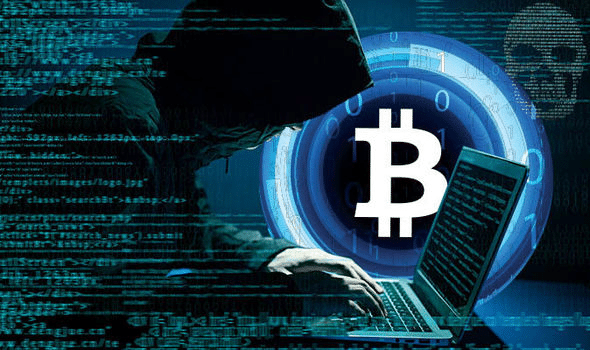North Korea Leads Global Cybercrime with 6,000 Hackers, U.S. Army Reveals
A recent U.S. Army publication has shed light on North Korea’s extensive cyberwarfare capabilities, detailing the nation’s deployment of over 6,000 hackers under the infamous Bureau 121. This cybercrime force operates not only from within North Korea but also extends its activities to other countries, including China, India, Malaysia, Belarus, and Russia.
The revelations are part of a 332-page document titled “North Korea Tactics”, published on July 24, 2024, as part of the Army’s training and professional development initiatives.
Key Findings from the U.S. Army Report
Bureau 121: North Korea’s Cyber Warfare Unit
Bureau 121 is the epicenter of North Korea’s cyber operations, specializing in:
- Hacking Information Systems: Gaining unauthorized access to intelligence systems for espionage.
- Deploying Malicious Software: Using viruses, worms, Trojan horses, and logic bombs to compromise networks.
- Strategic Espionage: Stealing sensitive data, such as South Korean war plans.
The report also highlights the advanced training provided to North Korean hackers at Mirim College, which graduates approximately 100 cyberspace operatives annually.
Global Operations
While Bureau 121 is headquartered in North Korea, many of its operatives are stationed abroad to evade detection and facilitate global cyberattacks.
- Countries Hosting Hackers: Belarus, China, India, Malaysia, and Russia.
- Global Cyber Fraud: North Korean cybercriminals have been implicated in major hacking incidents, including thefts from cryptocurrency exchanges and ransomware attacks.
Cybercrime Beyond North Korea
The document also acknowledges the prevalence of cyber fraud in other countries:
- India and Malaysia: Emerging hubs for cybercriminal activities, including phishing scams and financial fraud.
- China and Belarus: Known for harboring state-sponsored and freelance hackers.
- Russia: A well-documented player in global cyberattacks.
The Evolution of North Korean Cyber Capabilities
North Korea’s cyber operations have evolved significantly since the early 2000s:
- 2009 Milestone: Mirim College was already producing a steady stream of cyberspace hackers for the Korean People’s Army.
- Sophisticated Tactics: Hackers have reportedly breached secure systems, targeting both governmental and private entities worldwide.
- Cryptocurrency Thefts: North Korea is linked to large-scale thefts from crypto exchanges to fund its regime amidst international sanctions.
The Impact of North Korean Cyber Attacks
North Korea’s cyber capabilities pose significant threats globally:
- National Security Risks: Breaches of sensitive military and governmental systems.
- Economic Disruption: Ransomware attacks and financial fraud cost billions annually.
- Digital Vulnerabilities: Increased risks for nations and corporations dependent on interconnected digital systems.
Countermeasures and Global Collaboration
The growing threat of cybercrime necessitates coordinated global efforts:
- Strengthening Cybersecurity: Governments and organizations must enhance defenses against sophisticated attacks.
- International Cooperation: Countries must work together to track and prosecute cybercriminals operating across borders.
- Awareness and Training: Educating organizations and individuals on recognizing and mitigating cyber threats.
Conclusion
The U.S. Army’s North Korea Tactics report underscores the alarming growth of cybercrime, with North Korea’s Bureau 121 at the forefront. Operating globally, these hackers leverage advanced skills and decentralized operations to target secure systems and siphon valuable data.
As cyber threats continue to escalate, the international community must prioritize robust countermeasures, ensuring digital resilience against state-sponsored and freelance cybercriminals alike.
To learn more about the innovative startups shaping the future of the crypto industry, explore our article on latest news, where we delve into the most promising ventures and their potential to disrupt traditional industries.
Disclaimer: The information provided is not trading advice, Bitcoinworld.co.in holds no liability for any investments made based on the information provided on this page. We strongly recommend independent research and/or consultation with a qualified professional before making any investment decisions.




